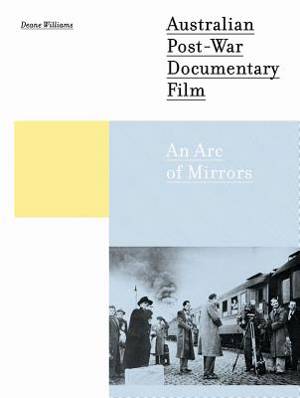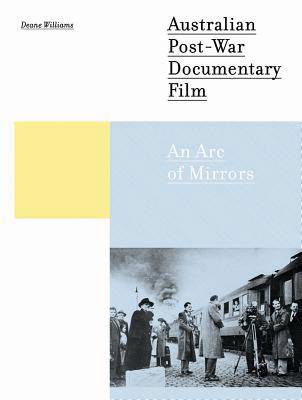
- Retrait gratuit dans votre magasin Club
- 7.000.000 titres dans notre catalogue
- Payer en toute sécurité
- Toujours un magasin près de chez vous
- Retrait gratuit dans votre magasin Club
- 7.000.000 titres dans notre catalogue
- Payer en toute sécurité
- Toujours un magasin près de chez vous
70,95 €
+ 141 points
Description
The postwar period in Australian history was rife with critical debate over notions of nation-building, multiculturalism, and internationalization. Australian Post-War Documentary Film tackles these issues in a considered, wide-ranging analysis of three types of documentaries: governmental, institutional, and radical. Charting the rise of progressive film culture, this volume critiques key films of the era, including The Back of Beyond, and retells film history by placing these documentaries in an international context. "A significant contribution to documentary history, the history of left-wing thought in the West, and Australian studies."--Ian Henderson, Editor of Studies in Australasian Cinema "Deane Williams re-evaluates Australian documentary film production after World War II, positioning it as part of an international left culture which can embrace producers as different as the Realist Film Unit, Cecil Holmes, John Heyer and Maslyn Williams. He invites readers on an always enlightening and often exciting journey through a complex web of people and films and events, to view Australian culture through the documentary film 'arc of mirrors'."--Ina Bertrand, University of Melbourne "Australian Postwar Documentary Film: An Arc ofMirrors is a thoroughly and painstakingly researched study of its subject, which draws upon a wealth of new oral and other forms of historical resource related to the Australian labour movement and associated film-making."--Ian Aitken, De Montfort University "With erudition and insight, Deane Williams in this book reconstructs a previously obscured era of documentary cinema in Australia, shedding light on the network of affiliations and associations that underlay the making of a cluster of compelling, politically charged documentary films in the postwar era. . . . This is an immensely thoughtful and timely contribution to the growing literature on the history of documentary cinema."--Charles Wolfe, University of California, Santa Barbara
Spécifications
Parties prenantes
- Auteur(s) :
- Editeur:
Contenu
- Nombre de pages :
- 192
- Langue:
- Anglais
Caractéristiques
- EAN:
- 9781841502106
- Date de parution :
- 01-11-08
- Format:
- Livre relié
- Format numérique:
- Ongenaaid / garenloos gebonden
- Dimensions :
- 175 mm x 231 mm
- Poids :
- 476 g







